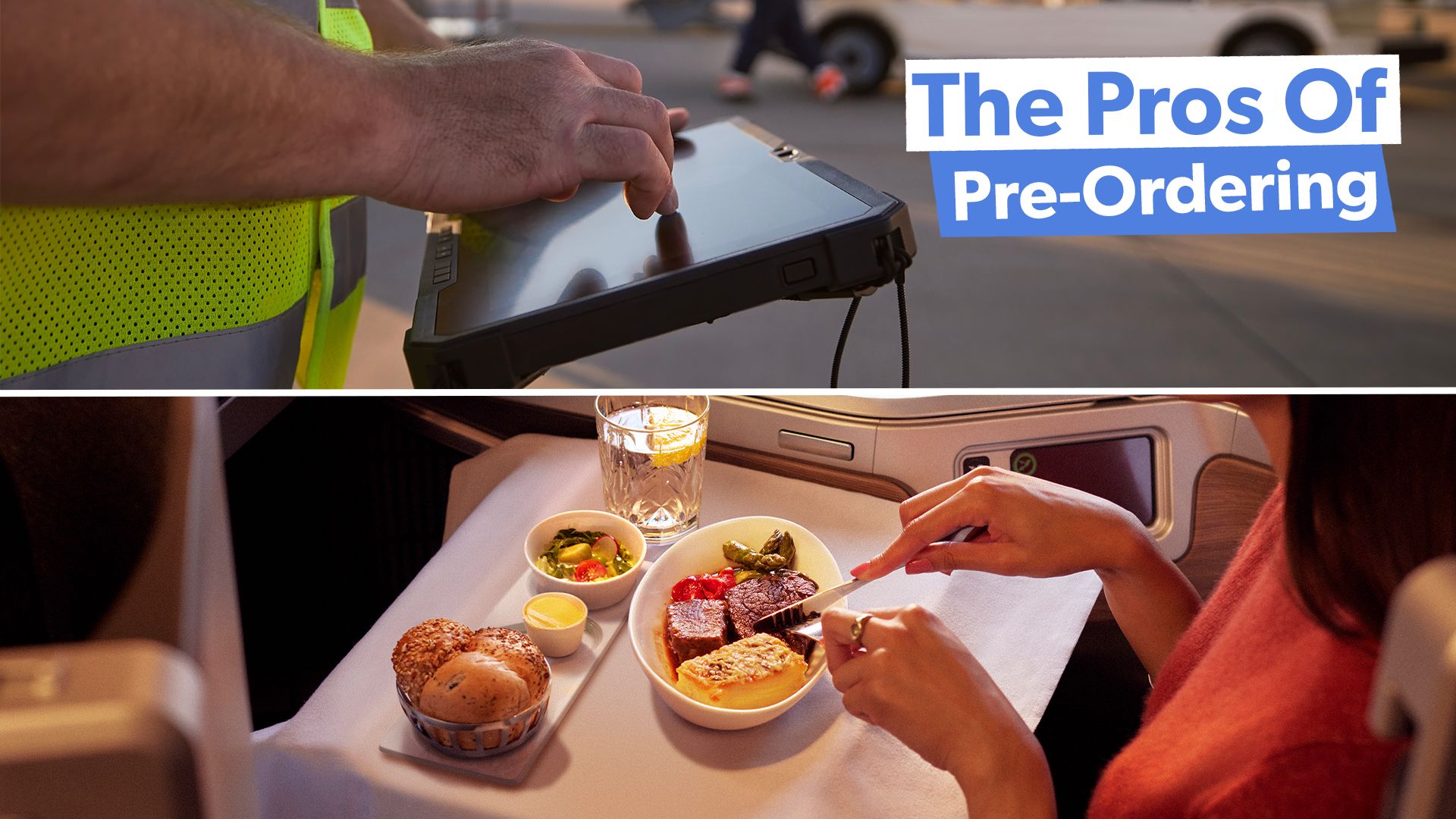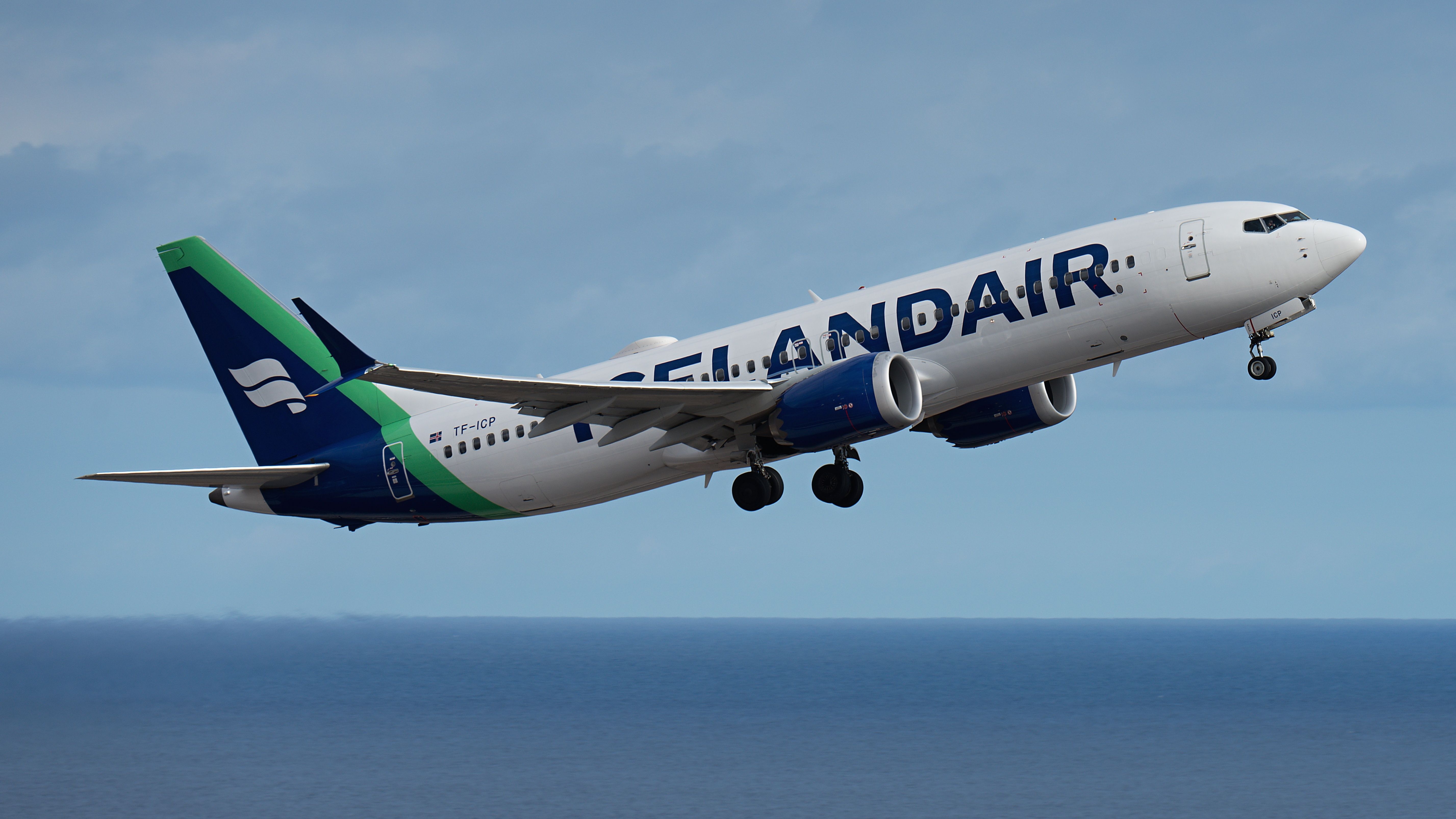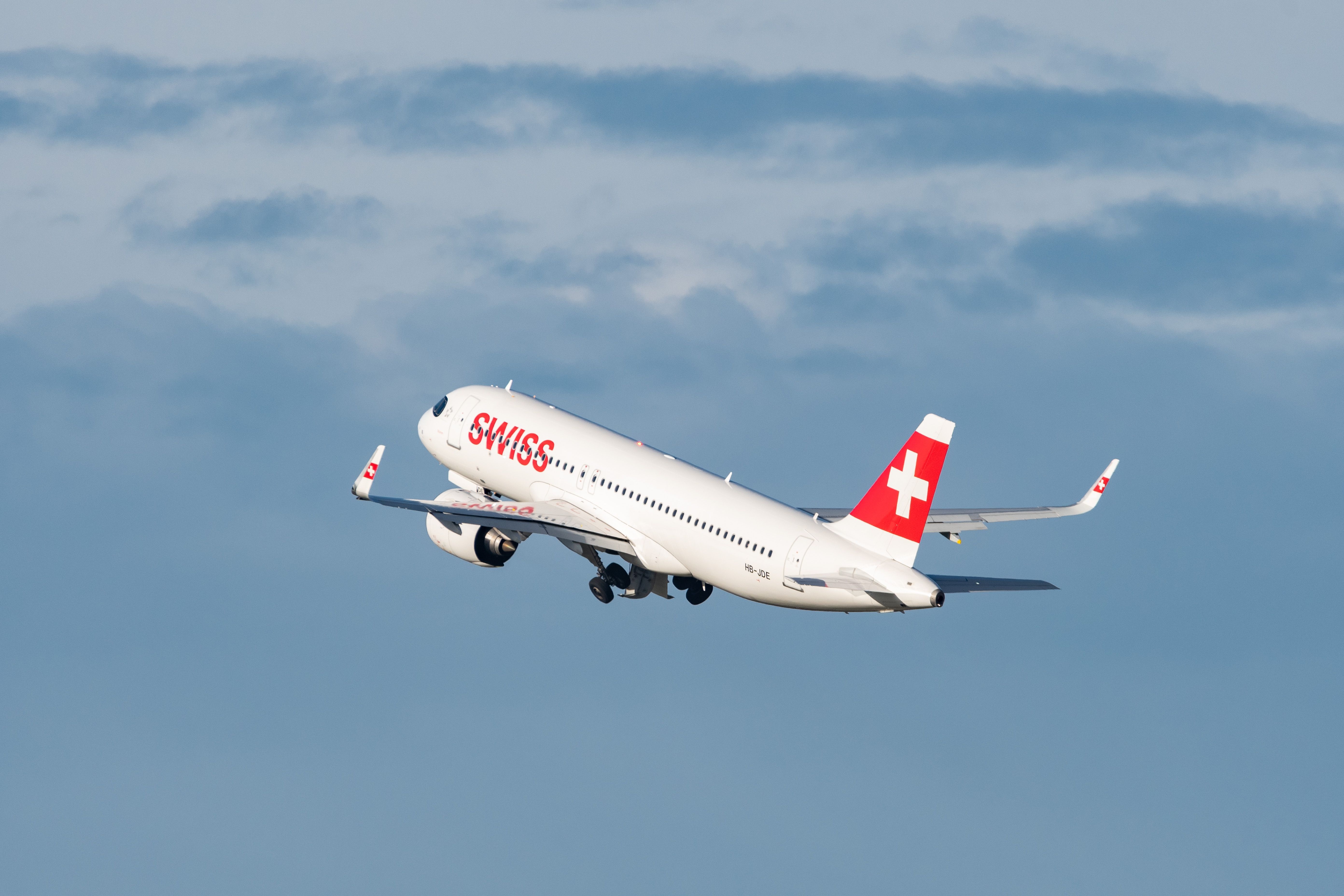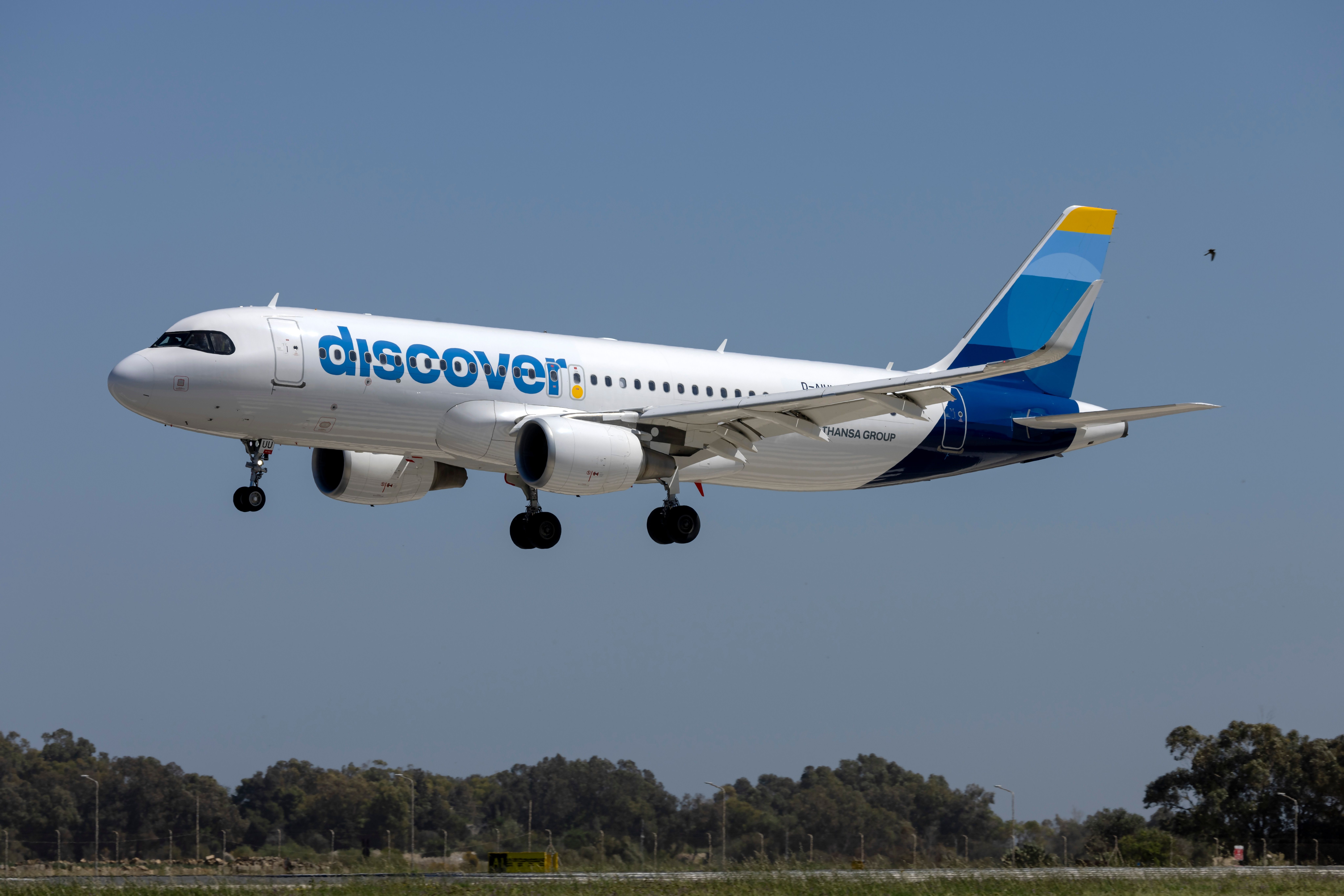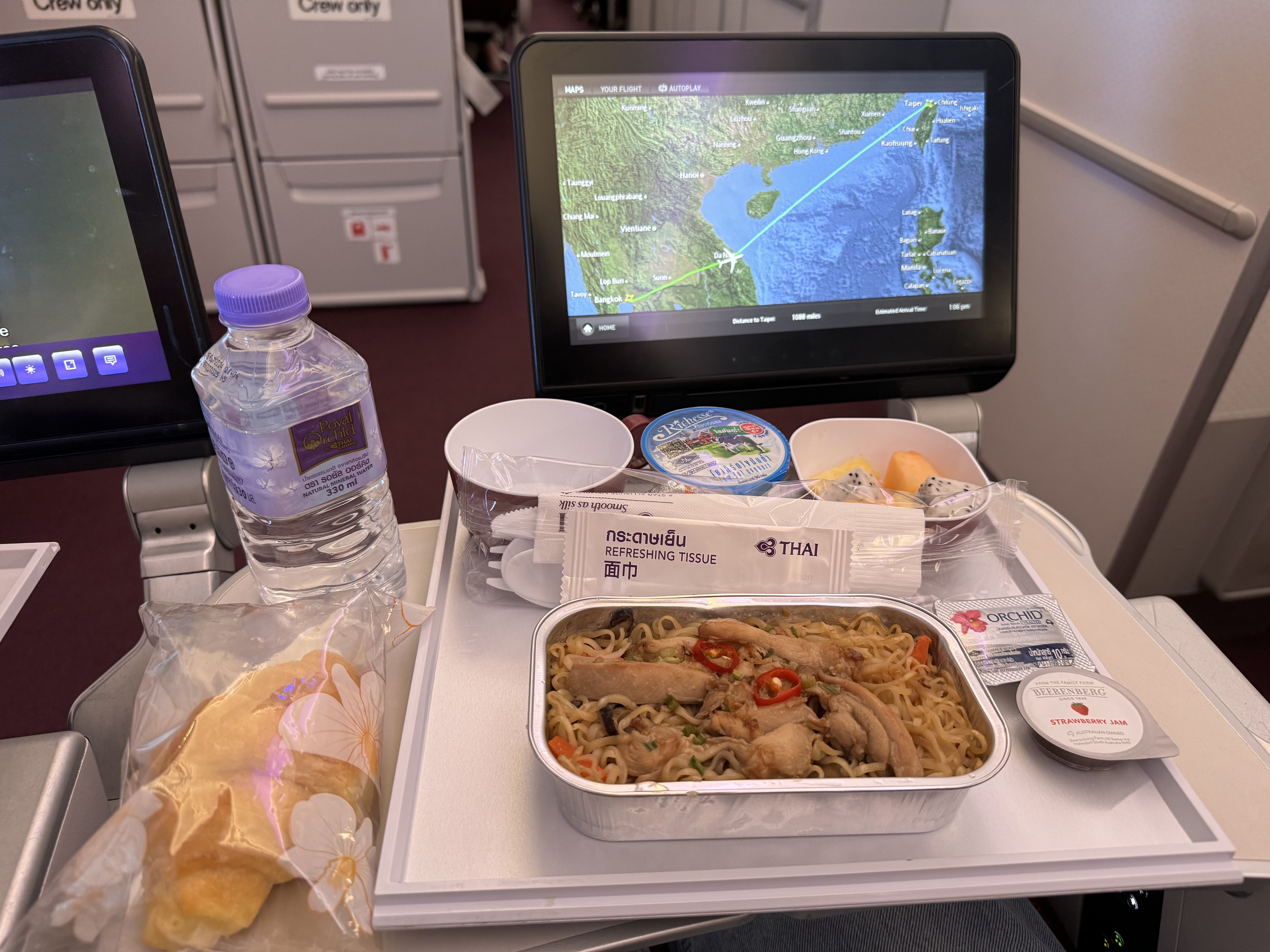A growing pre-order trend
In recent years, more airlines have adopted the option for passengers to pre-order their inflight meals, extending this service beyond long-haul or premium flights to include short-haul and economy class travelers. This trend offers mutual advantages for airlines and passengers, helping reduce waste, improve customer satisfaction, and streamline operations.
Pre-ordered meals are now available on various flights, ranging from major international carriers like Virgin Atlantic
and SWISS
to smaller airlines like Icelandair
. The advantages are becoming more obvious as more travelers get used to this service.
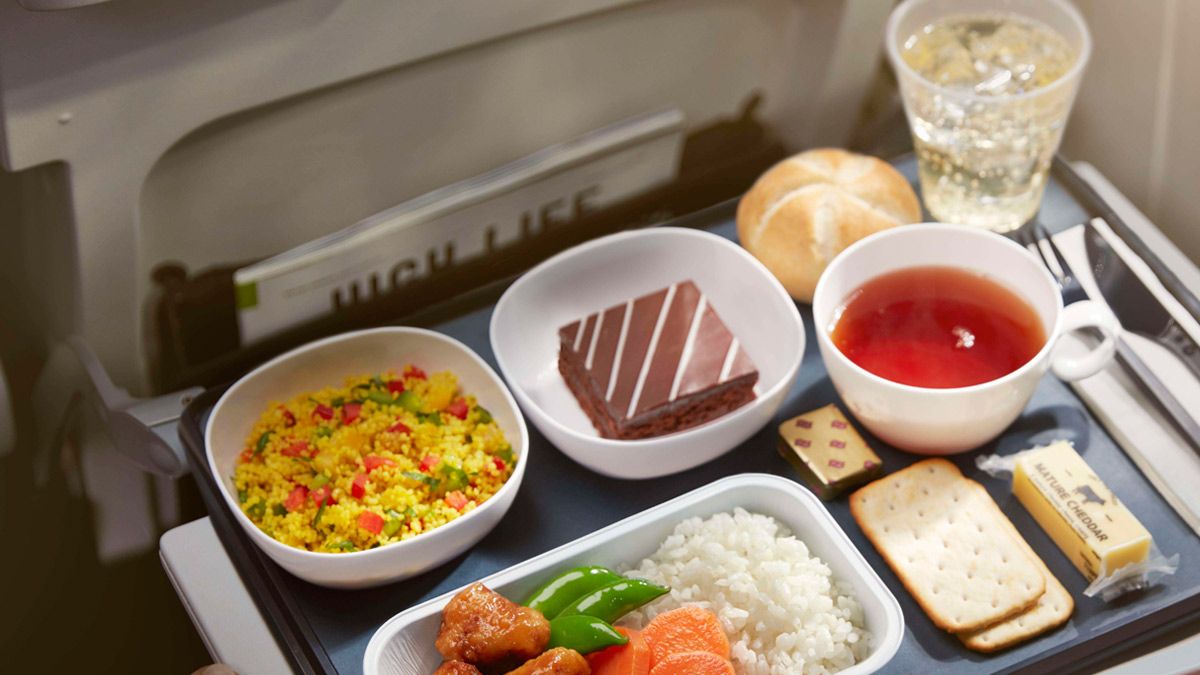
Related
Unlikely Fun Facts From The Wonderful World Of Airline Meals
Food tastes different at 36,000 feet.
Minimize food waste
One of the biggest benefits for airlines is the capacity to estimate how many meals to make more accurately. Pre-ordering provides precise data on how many meals are needed for a specific flight, which helps minimize food waste. This has been a growing concern for airlines looking to adopt more sustainable practices.
Airlines have long struggled with balancing meal variety and minimizing food waste. By offering pre-ordering, airlines know how many passengers will want each type of meal ahead of time. This system reduces the need to over-cater, often resulting in many uneaten meals being discarded at the end of flights.
Icelandair, for example, has emphasized the importance of pre-ordering to reduce food waste and streamline onboard catering. The airline notes that knowing how many meals are required before takeoff enables more efficient planning, reduces waste, and lowers costs related to over-preparation.
Thorunn Gudmundsdottir, purchasing and logistics manager at Icelandair, told Aircraft Interiors International magazine:
“By offering premium meal options, we not only enhance passenger satisfaction but also generate additional income beyond ticket sales. This helps offset operational costs and supports our broader financial health. Ancillary services like these are essential for maintaining competitive ticket prices while providing added value to our customers.”
Cost efficiency and operational ease
The financial benefits of reduced food waste go hand in hand with greater operational efficiency. Airlines may save expenses associated with excess food, minimize the quantity of refrigerated storage needed, and enhance catering operations by accurately predicting meal preferences.
SWISS recently announced that their business class passengers on short-haul flights can now “Pre-Select” their main courses in advance. The free service offers a selection of six cold dishes for flights over an hour and seven hot main courses on longer flights.
Photo: Robert Buchel | Shutterstock
The airline said in a statement:
“With “Pre-Select”, guests enjoy a wider choice of meals while also facilitating optimised planning, which supports the sustainable use of food. A more targeted loading process makes it possible to reduce the unnecessary disposal of food further and decrease waste.”
It also simplifies in-flight operations because fewer last-minute meal orders are needed. As the airlines know the number and type of required meals, cabin staff can serve customers more quickly. This operational ease improves the overall service flow, allowing flight attendants to focus on other aspects of passenger comfort.
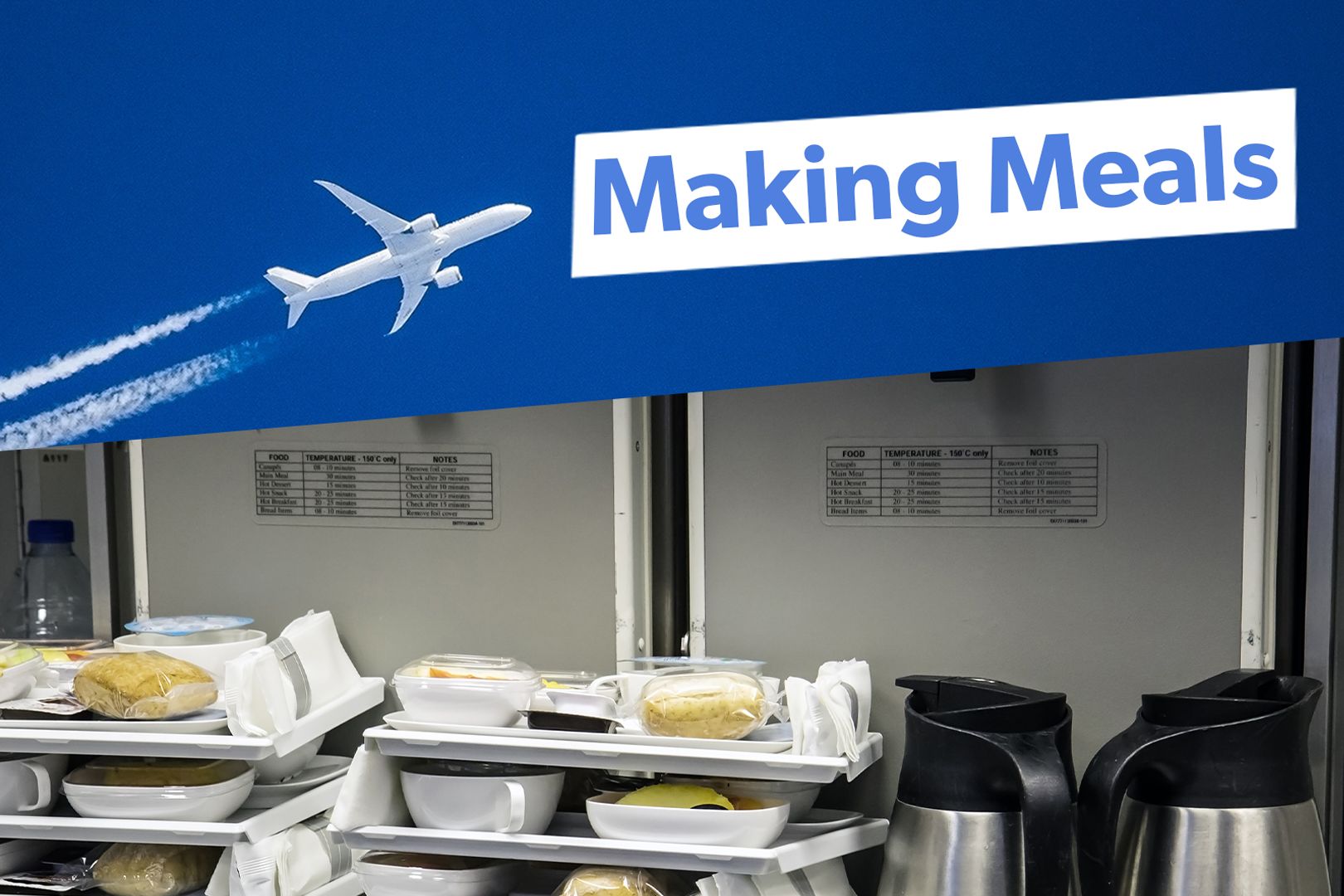
Related
How Do Airlines Cook & Prepare Food In The Sky?
How are restaurant-style meals put together in often small aircraft galleys?
Tailored passenger experience
Airlines have increasingly turned to pre-ordering to improve customer satisfaction in an industry where personalization and passenger experience are key differentiators. A meal pre-selection service enables airlines to provide passengers with more diverse, high-quality options.
Discover Airlines
, a German leisure airline headquartered in Frankfurt, recently offered its economy class passengers on short and medium-haul flights the option of pre-ordering a premium menu. This move allows passengers to enjoy upgraded food options without upgrading their seats and allows airlines to cater to specific passenger preferences, enhancing the onboard experience while maintaining efficiency.
Photo: InsectWorld | Shutterstock
“The reduction of waste has always played an important role for Discover Airlines,” the company said in a statement, explaining that the leisure airline has used an AI-controlled loading system on short and medium-haul flights ever since, which delivers the right amount on board based on parameters such as time of day, route and previous consumption behavior.
“This helps to minimize food waste and, at the same time, optimally meet the needs of passengers.” The airline said.
Guaranteed meal choice
Special meals are the first thing passengers consider when considering pre-ordering meals. In such cases, it is essential to pre-order, as many of these passengers will be incapable of eating the standard meals served. The common ones include:
- GFML: Gluten-free
- VGML: Strictly vegetarian/vegan
- VOML: Oriental vegetarian
- HNML: Hindu appropriate
- KSML: Kosher
- MOML: Muslim appropriate
- CHML: Child meal
Photo: Vyte Klisauskaite | Simple Flying
Pre-ordering meals ensures passengers will receive their choice, even on fully booked flights. Traditionally, meal selection has been limited to whatever is left by the time the flight attendants reach each row, with passengers at the back often receiving fewer options.
By pre-ordering, passengers can lock in their desired meal choice and avoid disappointment. This is especially beneficial for those with dietary restrictions or preferences who might otherwise have to rely on limited meal availability.
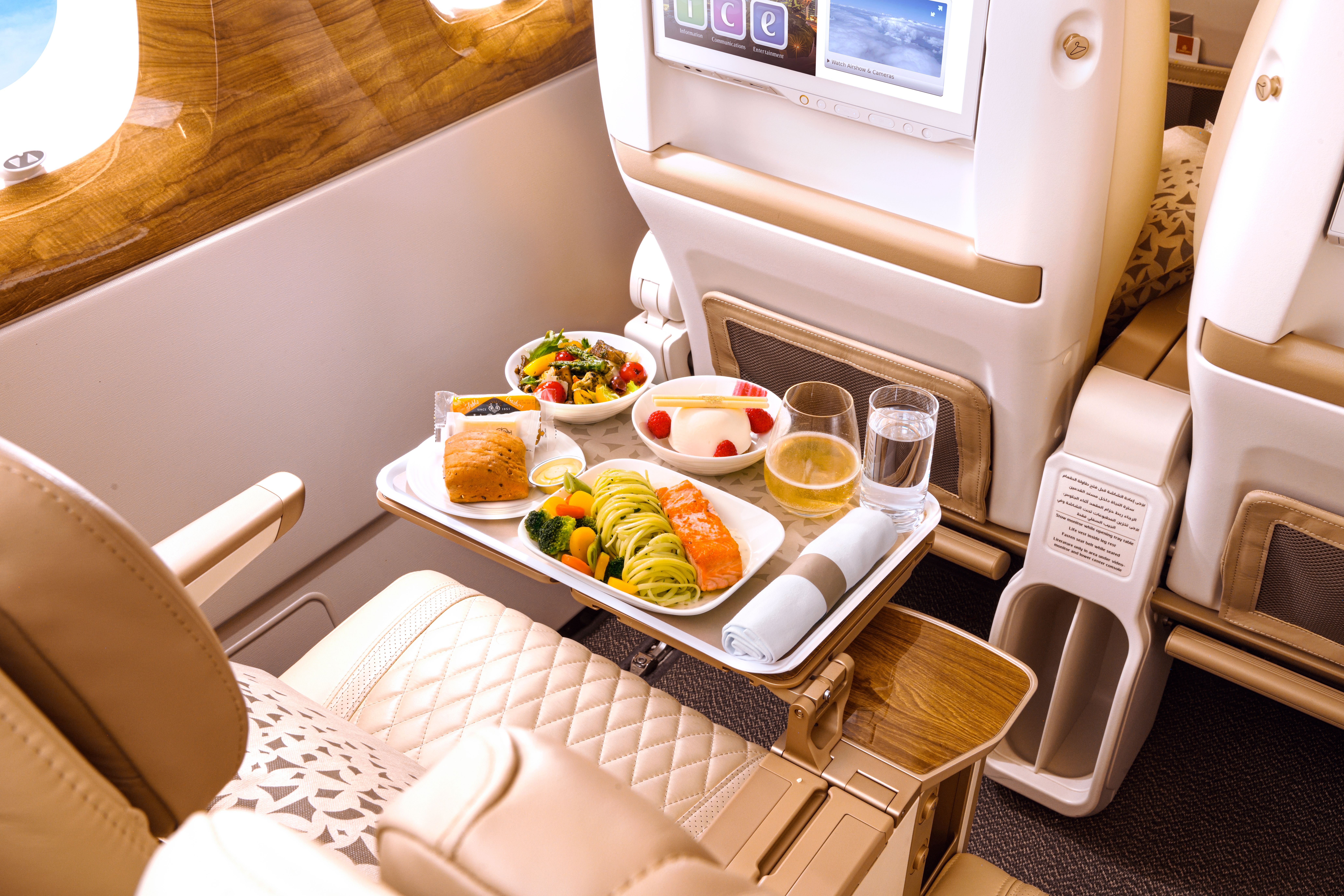
Related
The Importance Of Reducing Food Waste In Commercial Aviation
How airlines are tackling the problem from multiple angles.
Pre-ordering meals can also expedite the inflight meal service, as the cabin crew knows which meals to deliver to which seats. Passengers who pre-order may find themselves served earlier, which can be a distinct advantage on flights where time is tight, or when passengers want to get their meal out of the way to rest or work.

